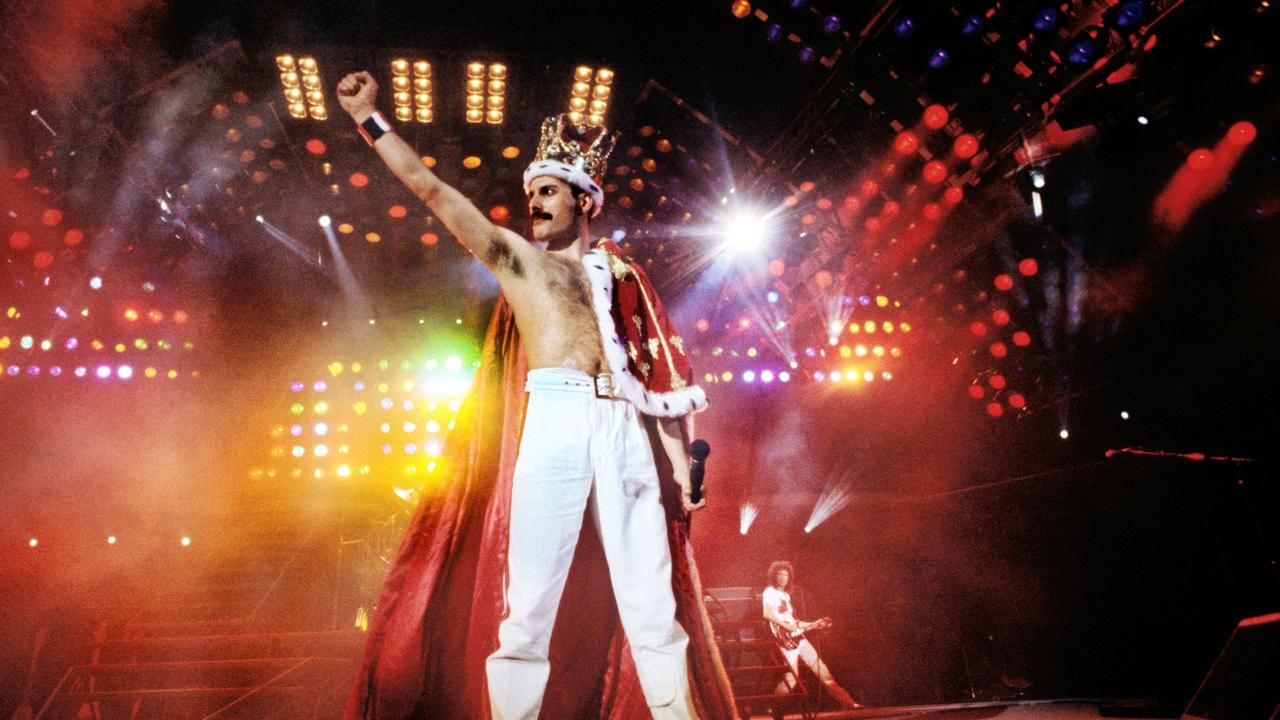Australian fiction: Nexus between overlords and the underworld
A working girl dies during a debauched orgy. Her death sets in train events in which lives are snuffed out.
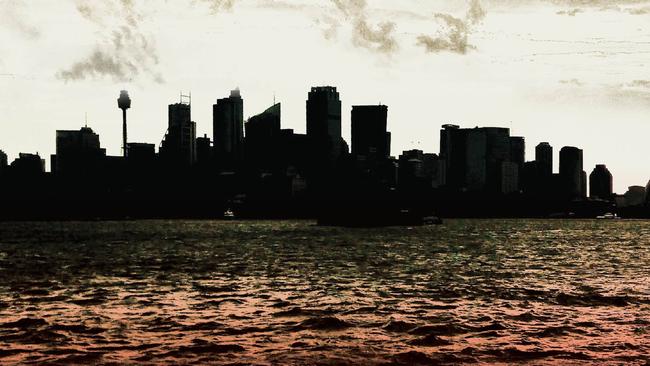
Literary crime is an intriguing subgenre. At its worst it’s the application of pretentious lyricism to the seedier side of life, the exchange of the clipped style of Elmore Leonard or Garry Disher for convoluted musings about murder. At its best, however, it uses the premise of crime to explore cities, social structures and the dark spaces of our psyches, with language that captures the intensity of paranoia and violent fantasy
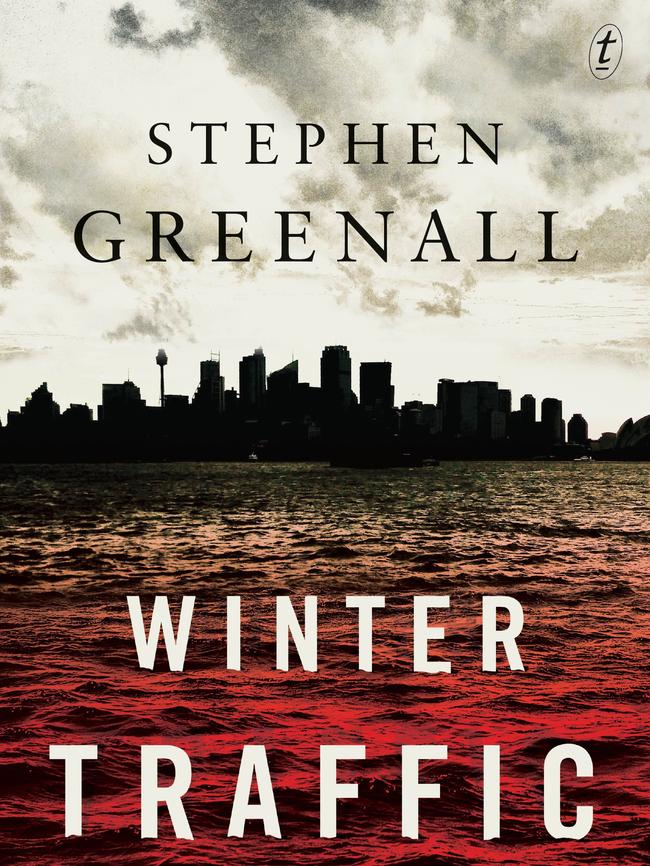
Stephen Greenall’s debut novelWinter Traffic (Text, 416pp, $29.99) has aspects from both sides. While the publisher compares the book with the work of the Miles Franklin-winning Peter Temple, its obvious literary antecedent is American author James Ellroy, who turned the obsessive compulsions emanating from the childhood trauma of his mother’s murder into a relentless and ferocious prose style.
It’s an excessive style delivered in a deluge of short clauses that push the reader into the conflicted and often confusing worlds of Ellroy’s protagonists, whether it’s post-World War II Los Angeles or the more generalised paranoia of his Underworld USA trilogy with its ventures into the Cuban missile crisis and JFK’s assassination.
Greenall, who hails from Moree in northern NSW, has taken Ellroy’s template and transposed it to Sydney in the early 1990s, to form a fictional corollary of a society on the cusp of the Wood royal commission. It’s the end of an era and of the explicit nexus between the police force and the underworld that was the product of the long association of Sydney’s nightlife with illegal casinos and their protection by the political establishment in the Askin and Wran eras.
It’s territory that’s also been explored by Dave Warner in Big Bad Blood (1997) and Mark Dapin in King of the Cross (2009). With such rich pickings Greenall creates a plausible story of corruption, professional ambition and summary justice, where compromise is the primary ethical status of actors in a troubled moral order.
A working girl dies during a debauched orgy. Her death sets in train events in which lives are snuffed out. It’s brutal enough to leave readers squeamish in their armchairs.
The protagonists are Sutton, a man with a violent reputation and individualistic code of honour. He is mates with Rawson, a detective famous for his collars, but also for crossing the line. Mates matter. Loyalty is a rare commodity in this ecosystem, so rare that at times it’s even worth dying for. But others, such as rising talent Karen Miller, represent the allure of the new careerism in the police force.
At times it feels like Greenall is reaching to create an effect, whereas Ellroy, by contrast, seems to inhabit a pathology. But perhaps, too, it’s the curse of familiarity that creates this sense of affectation: Sydney seems too close to actual experience to be rendered in such a style.
This is a first novel and Greenall has taken risks. Not of all of them have paid off, but nonetheless Winter Traffic is a book that shows potential and rewards the reader.
Like Sydney, Perth in the 80s and 90s was a place of fast money and dodgy networks. It was operated by people of the quality of Alan Bond, Laurie Connell and Brian Burke, in a culture where greed and moral compromise intersected.
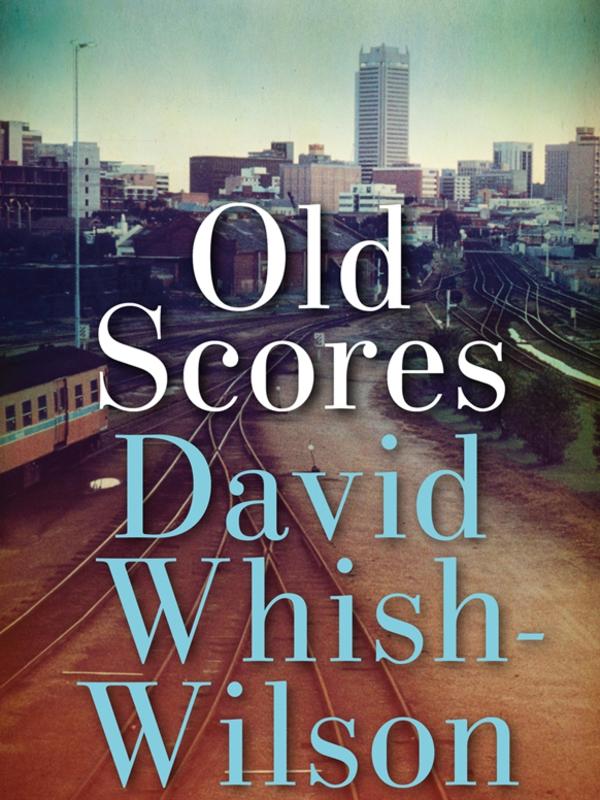
Old Scores (Fremantle Press, 233pp, $29.99) is David Whish-Wilson’s third novel featuring former West Australian police detective Frank Swann. In this outing, Frank finds himself working for the premier, as a series of odd alliances centred on the awarding of the tender for the Burswood casino are brought into play.
He is faced with one of the great noir conundrums: it’s impossible for him to do the right thing, and perhaps even survive, without seriously compromising himself in the eyes of the law. While the plot is outlandish, it rarely feels implausible and Whish-Wilson writes well of his adopted home in the wild west.
A curious thing about both of these novels is how they reach to the past for their idiosyncratic evocation of the intersections between underworld and overlords. Noir has always had that quality of nostalgia for a lost world that was troubled yet human and where individuals had greater agency within systems.
Certainly contemporary corruption, with its commercial in confidence provisions and cost inflations on government contracts, lacks the same readability as stories about bikies, wallopers and girls in bikinis on boats. These all feature in Old Scores, and Whish-Wilson has again delivered a fast-paced, entertaining and smarter than average crime novel.
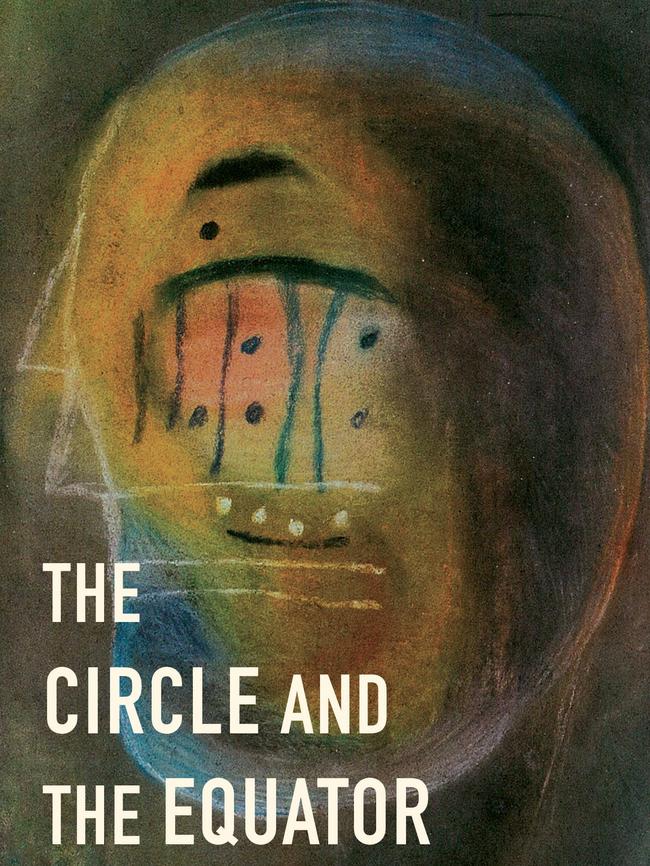
Some collections of short stories thrive on their interconnectedness, their relationship to each other, like a series of angles casting light on a particular aspect of the world. Others thrive on juxtapositions formed at a greater distance. Kyra Giorgi’s debut The Circle and the Equator (UWAP, 216pp, $24.99) is one such collection.
It’s a book of moments across nations and eras. Giorgi, who was born in Perth and has lived overseas and now is in Sydney, has chosen historical flashpoints and imagined her characters into them. We meet Namibians displaced during the nation’s war for independence from South Africa; a German man taking a journey to reconnect with his childhood sweetheart at the end of World War I. An unusual romance blossoms and dies in a hospital ward following the bombing of Hiroshima in World War II.
A handsome young man is injured and the sight in one of his eyes becomes visionary, in a story that is reminiscent of Merlinda Bobis’s mythologically charged tales of The Philippines. In another, an Argentinian woman muses over her part in a love triangle with two brothers and her emigration to the Soviet Jewish autonomous region of Birobidzhan in the wilds of Manchuria.
One of the pleasures of these stories is the way Giorgi takes these large moments and renders them small. Essentially these are vignettes of individuals pursuing their interests against the tableaux of big history.
In such an impressionistic dance through history, there are bound to be questions of authenticity regarding the way the characters are represented. Look too closely and it sometimes becomes difficult to see them as embedded in their eras and the markers of cultural particularity are sometimes underdone. The best stories, however, surmount this challenge and leave you puzzling over the possibilities and constraints of lives lived in other times and places.
The cumulative effect is one of freshness. Giorgi is a deft bowerbird, picking through the immensity of history for small, shiny things. The Circle and the Equator is an intriguing debut, one of a series of strong and idiosyncratic short-story collections recently published by UWAP (Roanna Gonsalves’s The Permanent Resident and Michelle Michau Crawford’s Leaving Elvis come to mind) that have enriched the terrain of Australian fiction. It’s a testament to the importance of small publishers to our literary ecosystem.

